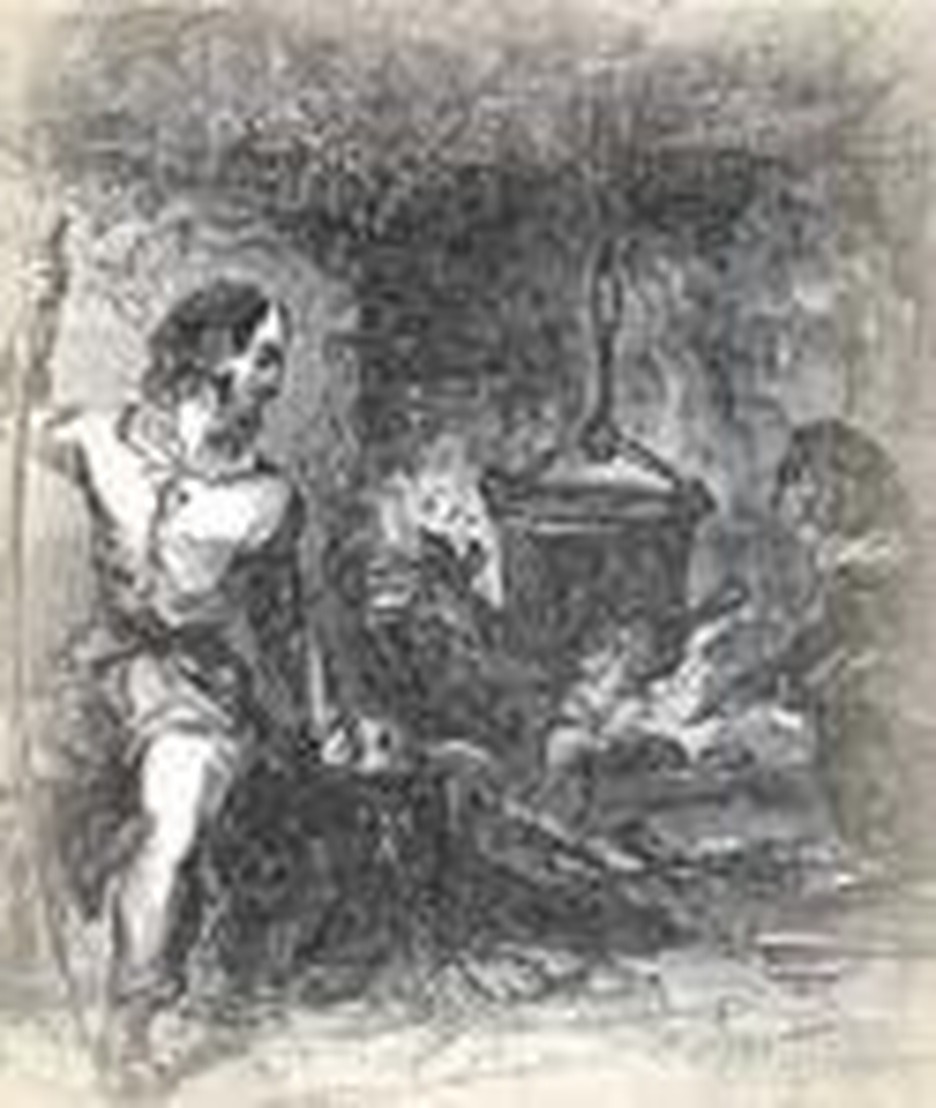
This timeline provides an overview of key events in 9th-century Christian history, including theological disputes, Christianization efforts in Eastern Europe, political developments, and the impact of Viking raids.
9th Century Christian History
800 AD: Coronation of Charlemagne
- Pope Leo III crowned Charlemagne as Holy Roman Emperor, strengthening the relationship between the Church and the Carolingian Empire.
c. 810-877 AD: Life of Cyril and Methodius
- St. Cyril and St. Methodius undertook missionary work in Eastern Europe and developed the Cyrillic alphabet for Slavic languages.
828 AD: Alleged Discovery of St. James' Relics
- The alleged discovery of the remains of St. James the Greater in Santiago de Compostela, Spain, contributes to the Camino de Santiago pilgrimage.
843 AD: Treaty of Verdun
- The Treaty of Verdun divided the Carolingian Empire into three parts, affecting the political landscape of Christian Europe.
850-853 AD: Great Schism
- The Great Schism between the Eastern Orthodox Church and the Roman Catholic Church deepened due to theological and jurisdictional disputes.
855-862 AD: Conversion of the Bulgarians
- St. Cyril and St. Methodius are instrumental in the Christianization of the Bulgarians.
860s AD: Conversion of Moravia
- St. Cyril and St. Methodius, with the support of Prince Rastislav, bring Christianity to the people of Moravia.
869-870 AD: Fourth Council of Constantinople (Council of Constantinople IV)
- A disputed council, recognized as ecumenical in the Eastern Orthodox Church but not in the Western Church, addresses theological issues.
878 AD: Photian Schism
- The Photian Schism marks a significant disagreement between Pope John VIII and Patriarch Photius I, deepening the divide between the Eastern and Western Churches.
c. 830-885 AD: Viking Raids
- Viking raids continue to pose a threat to Christian communities in Europe.
c. 830-898 AD: Life of Alfred the Great
- King Alfred of Wessex, known for promoting education and Christian values, played a pivotal role in English history.
c. 827-901 AD: Life of Hincmar of Reims
Recommended- Hincmar, Archbishop of Reims, is a prominent theologian and canonist in the Carolingian Empire.
c. 860-923 AD: Life of Wenceslaus I of Bohemia
- St. Wenceslaus, Duke of Bohemia, became a Christian martyr and patron saint of the Czech Republic.
c. 850-909 AD: Life of Theodore the Studite
- Theodore the Studite, a prominent Eastern Orthodox abbot and theologian, plays a role in defending icons and monasticism.
c. 800-900 AD: Carolingian Renaissance
- The Carolingian Renaissance continued to promote education, scholarship, and art in the Frankish Empire.
• 800--On Christmas day, Charlemagne (Charles the Great, c. 742-814) was crowned the first "Holy Roman Emperor" by Pope Leo at St. Peters in Rome. Charlemagne noted for military conquests, strong central government, ecclesiastic reform, and educational patronage.
• 831--Radbertus (c. 790-865) publishes first writing in the West on the Eucharist. It provokes controversy and anticipates later Roman Catholic doctrine of transubstantiation.
• John Scotus Erigena (c. 810-877), one of greatest theologians of early middle ages, helps pave way for scholasticism. Involved in eucharistic controversy with Radbertus and maintains in the supper we partake of the Lord "mentally not dentally."
• Anskar (801-865), "Apostle of the North," lays foundation for Christianity in Scandinavia.
• Significant missionary efforts make further inroads among heathen peoples of Europe. Cyril (826-869) and Methodius (c. 815-885), the "Apostles of the Slavs," work in Moravia and invent an alphabet for the Slavs.
• Photius (c. 820-895), a renowned scholar and layman, made Patriarch of Constantinople in 858. Later deposed and reinstated at least twice. Conflicts with pope and Rome over spiritual jurisdiction and doctrine ("filioque controversy") foreshadow deepening rift and eventual split between churches in East and West.
• Alfred the Great is King of Wessex in England. Translated Christian writings into the language of the common people. Set up a palace school and founded two monasteries. Devoted half his time and money to religious purposes.








